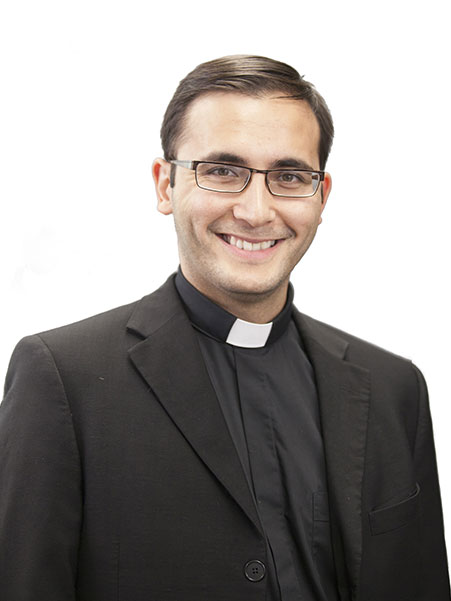Lent and the call to the priesthood

People do not often look forward to the season of Lent. Childhood memories, even recent ones, remind us that Lent is that time of year when we “have to give something up.”
Moreover, the words that often accompany these 40 days such as “sacrifice,” “self-denial,”and “discipline” can be perceived in a manner that suggests Lent is something to be merely endured, rather than as an opportunity to grow in grace and to be spiritually renewed.
The Church teaches that this particular season of the liturgical year is a preparation for the celebration of our Lord’s Passion, death, and resurrection. During this holy time, intimately connected to these events in the life of Christ, catechumens prepare to receive the sacraments of initiation, and the baptized prepare for Easter by works of penance — prayer, fasting, and almsgiving.

Prayer, fasting, almsgiving, sacrifice, self-denial, and discipline do not have value in themselves, as the readings from Ash Wednesday remind us. Rather, the “disciplines” of Lent and their practice — under the influence of God’s grace — draw us to greater conversion, and, consequently, lead us into a deeper relationship with Jesus Christ, our Lord. Each of these elements should mark the entirety of the Christian life, but they take on a greater emphasis during these 40 days.
Greater conversion and a deeper relationship with Christ is the goal of each Christian. Therefore, entering into this holy season by the practice of the Lenten disciplines is of particular importance for young men discerning a vocation to the priesthood.
The priest is called to pastor and shepherd those entrusted to his care as an alter Christus — as another Christ. The mission to teach, govern, and sanctify God’s people is founded in his ordination that imprints an irremovable character on the priest’s soul which in turn configures his very person to that of Jesus. He is configured to be alter Christus.
Lent is the opportunity “to be more configured to our Lord.” The discipline of fasting can take many forms, but is usually in the form of food or drink. Yet, fasting, or any type of self-denial from pleasures or comforts, strengthens the will for doing good and for avoiding those things that can lead us away from God. In learning to say “no” to ourselves by fasting and self-denial, we learn how to say “yes” to Christ and become readier to accept His will.
By practicing the discipline of almsgiving, no matter how big or small, we unite ourselves more closely to Jesus, who showed His love for us by His sacrifice on the cross. Furthermore, almsgiving helps us to see that we are not the “center of the world” as it turns our attention to love and care for another. It breaks us off from our self-centeredness and teaches us to love like Christ.
